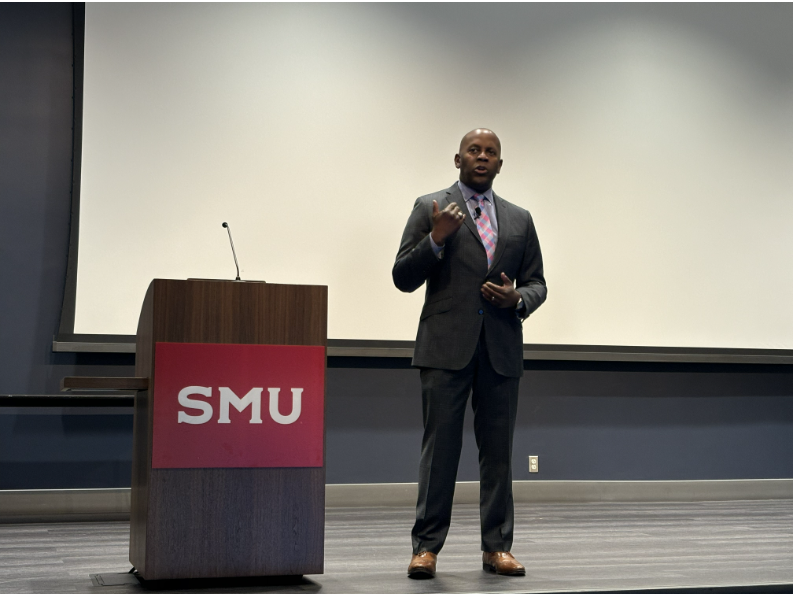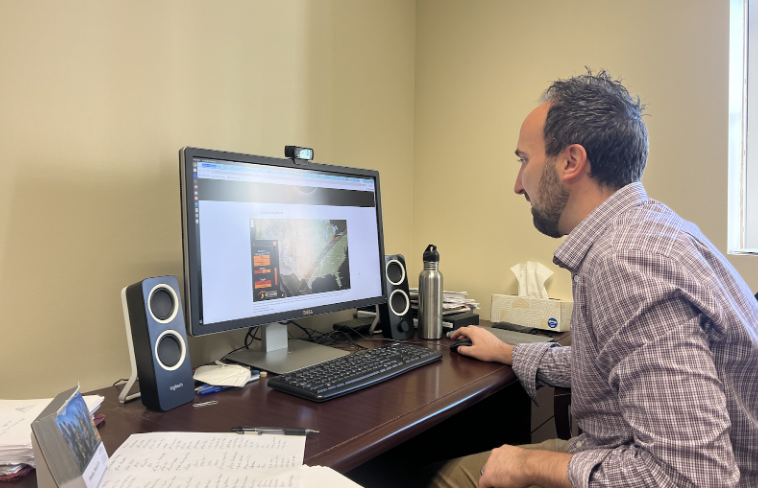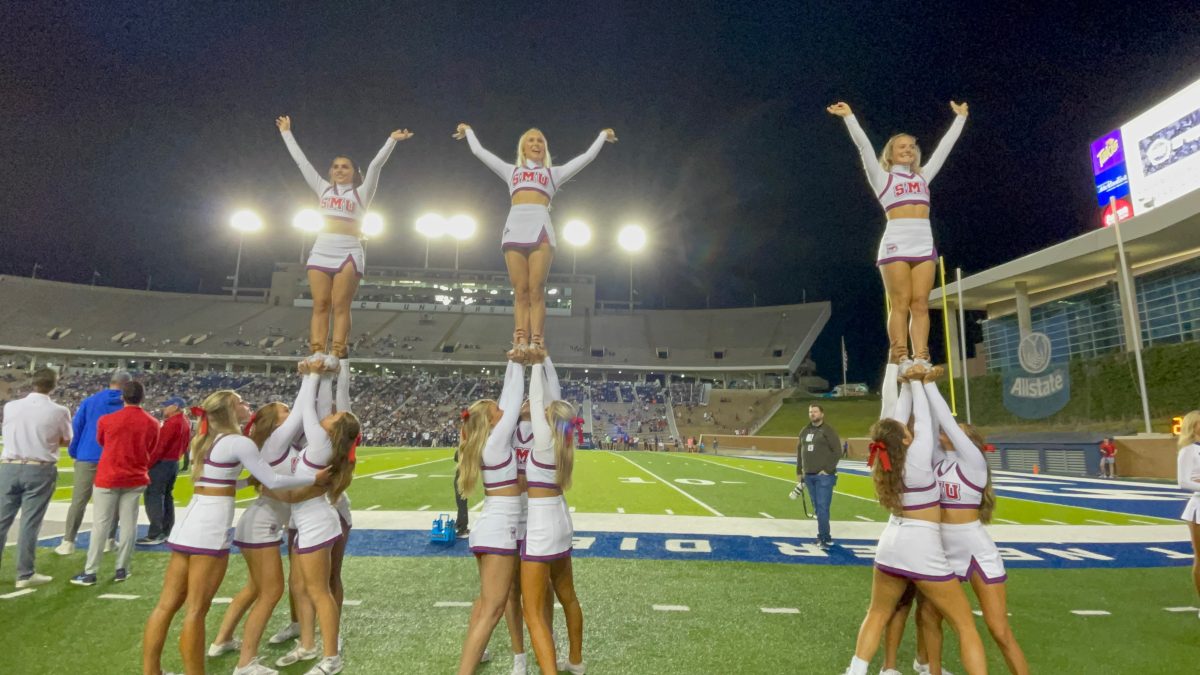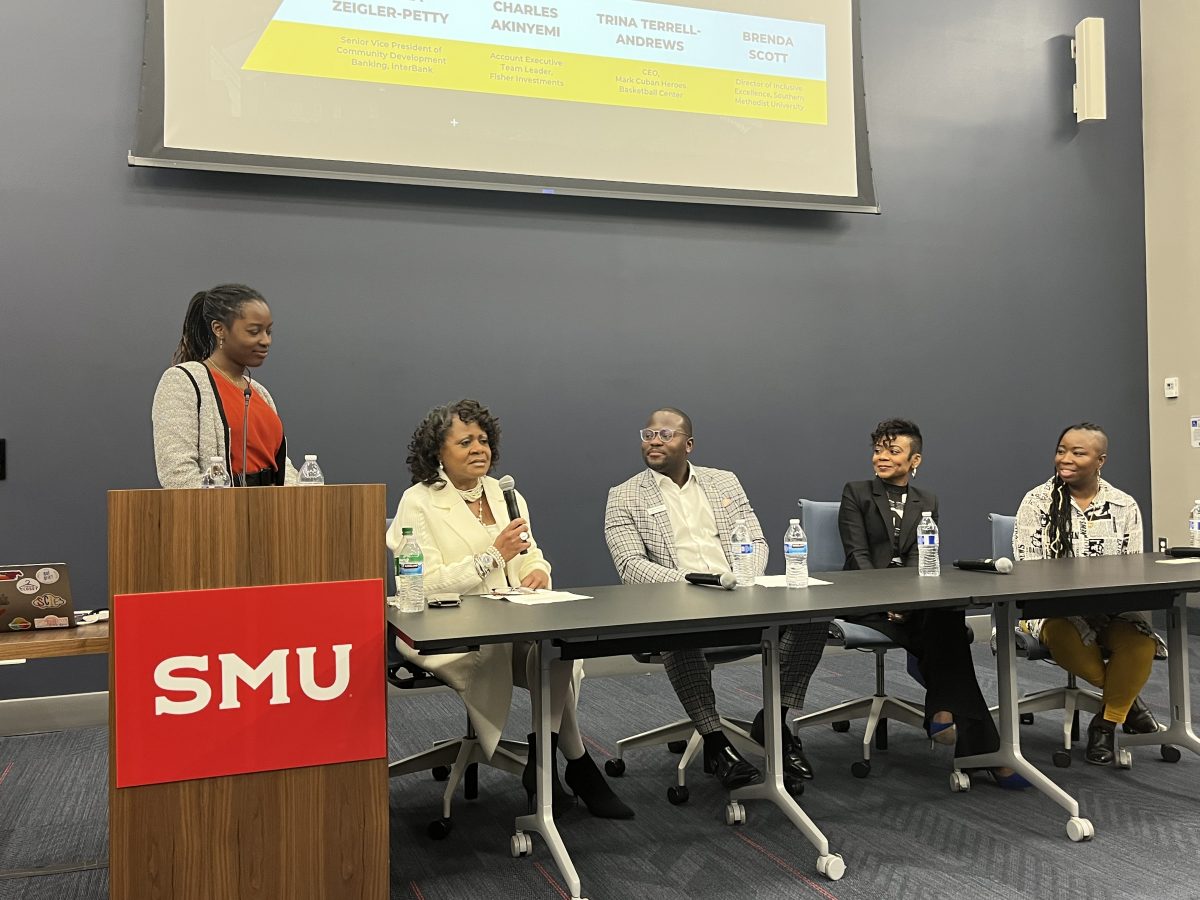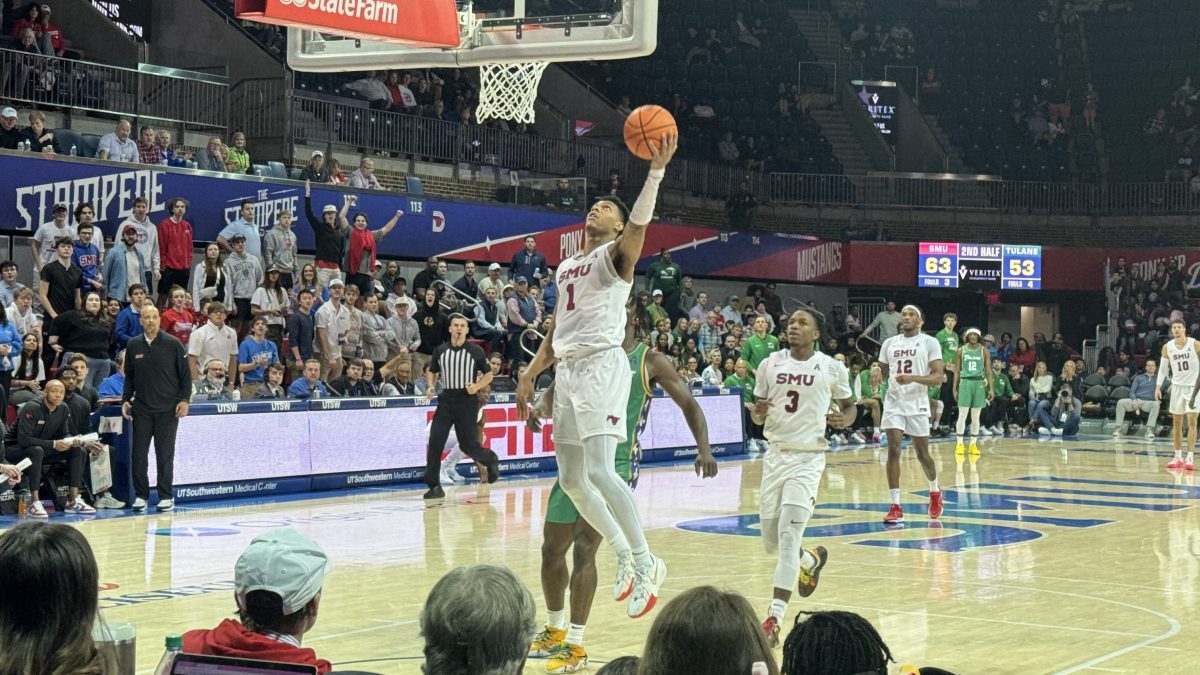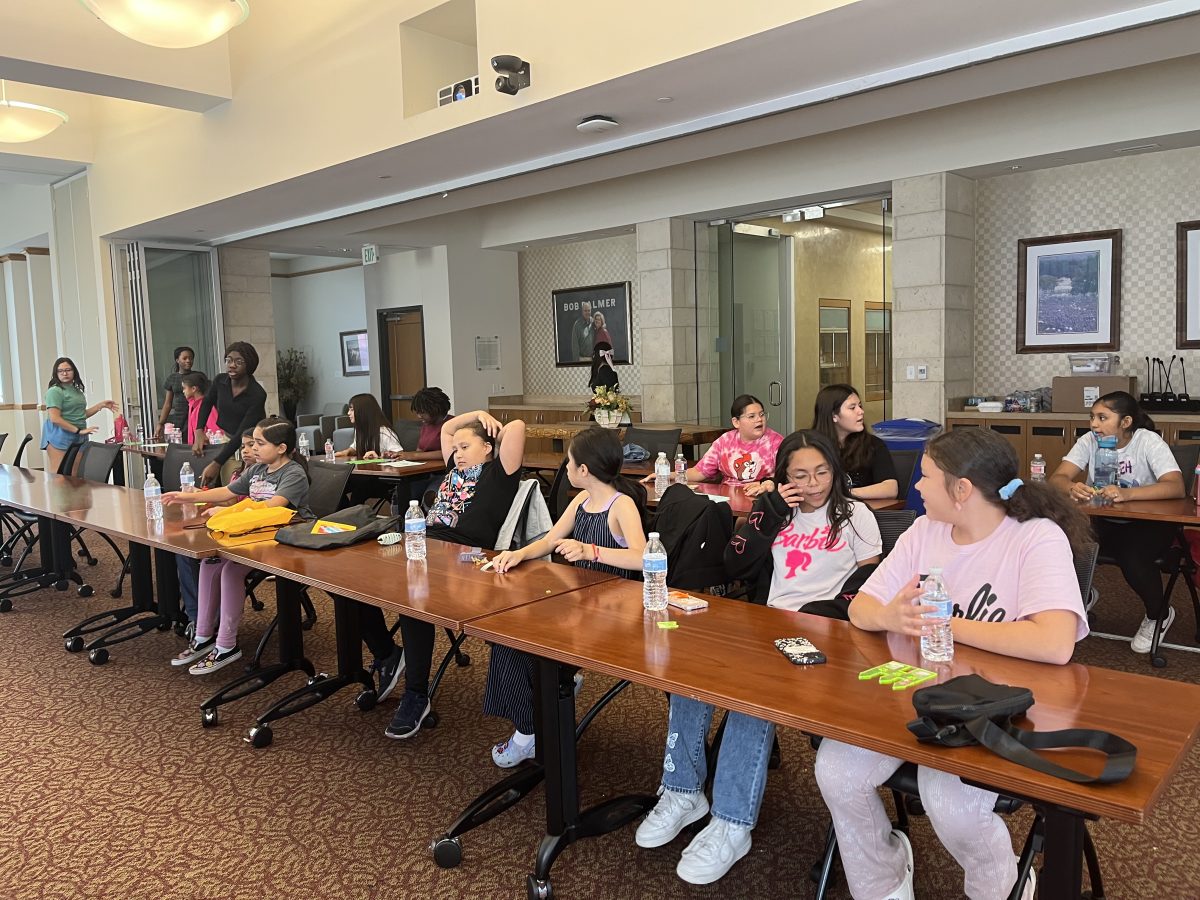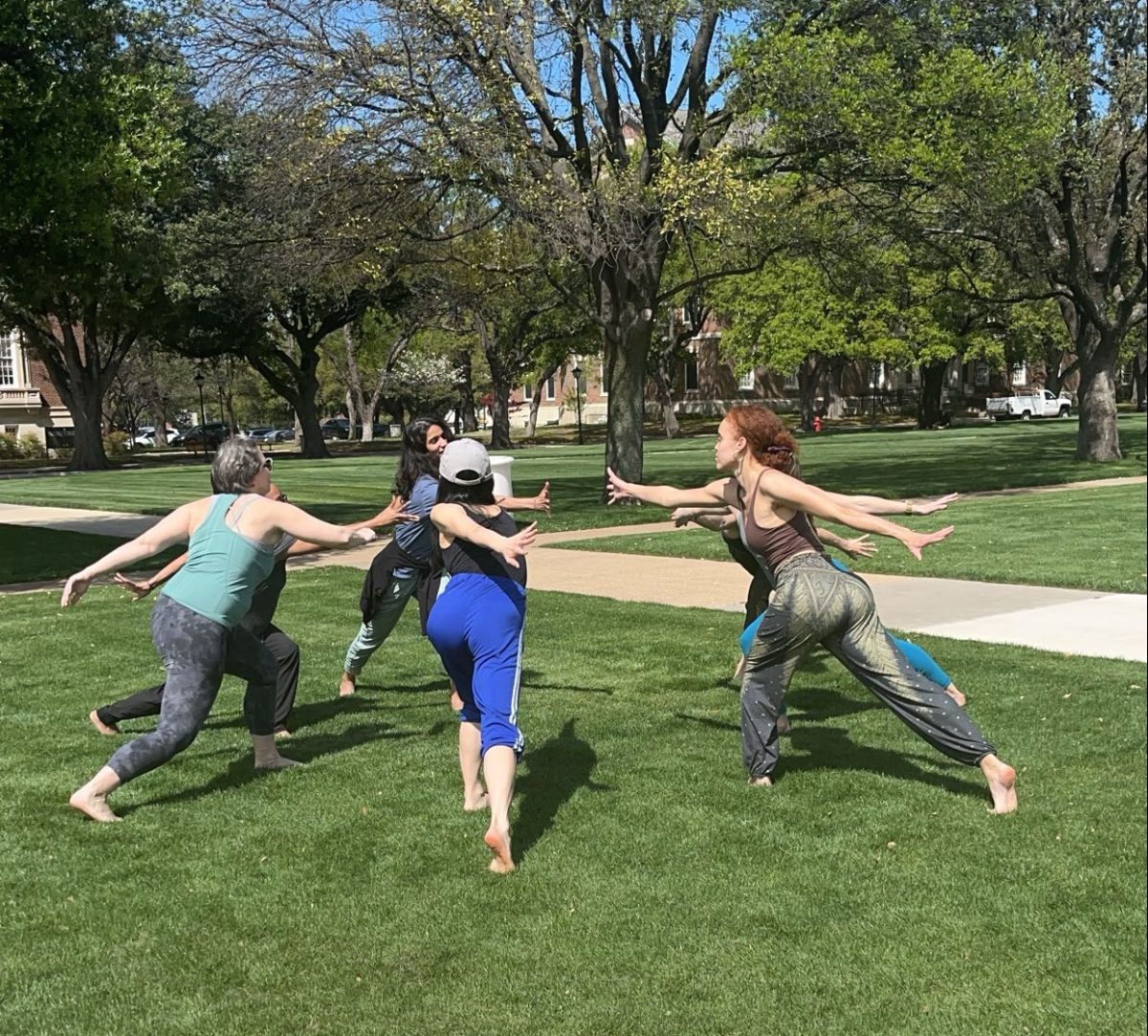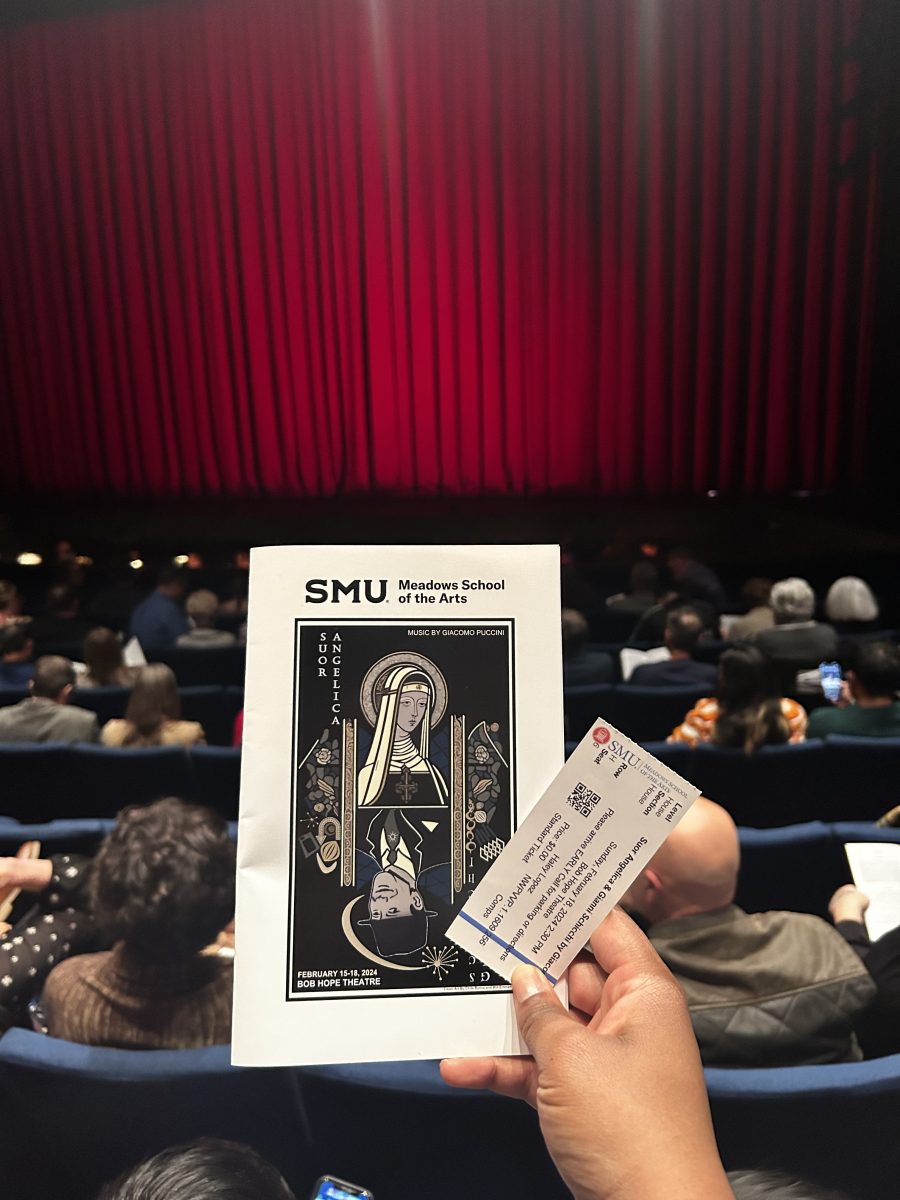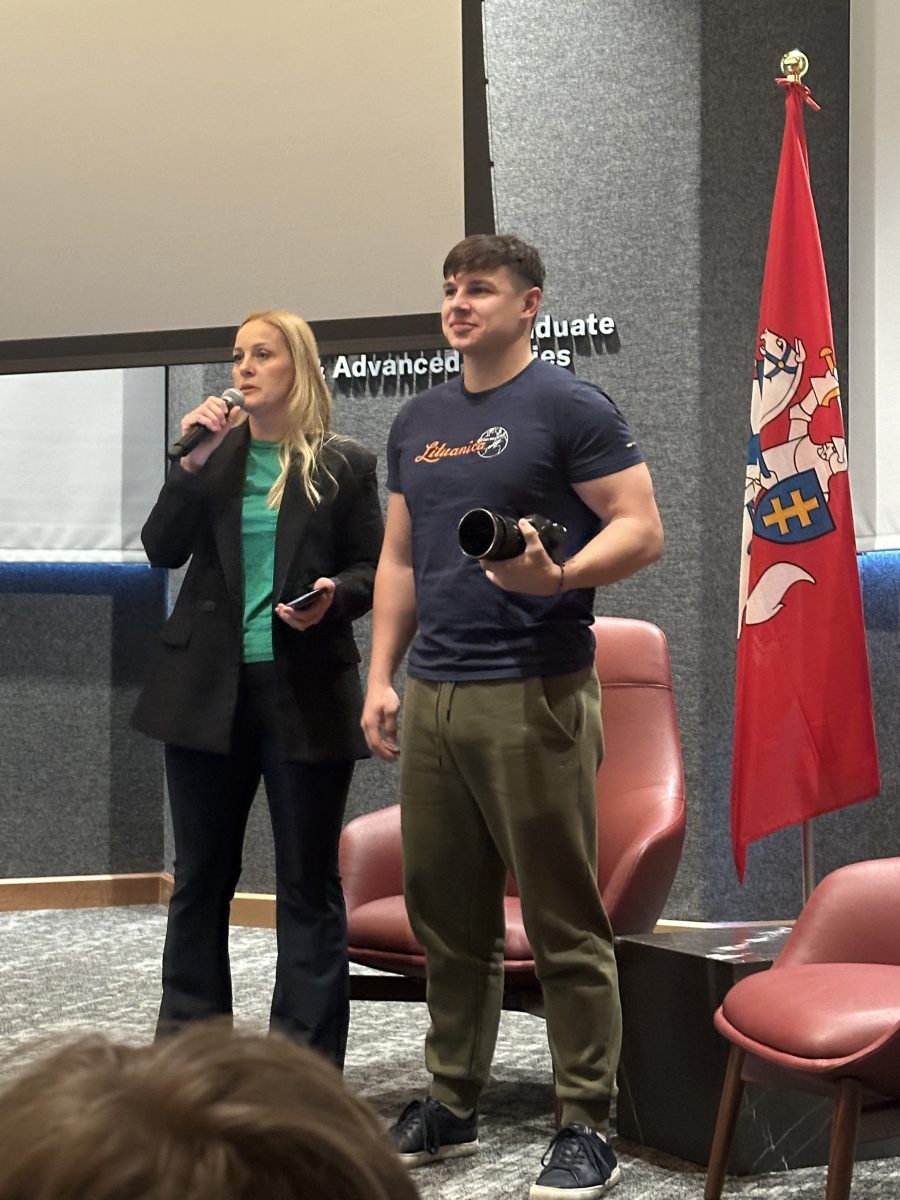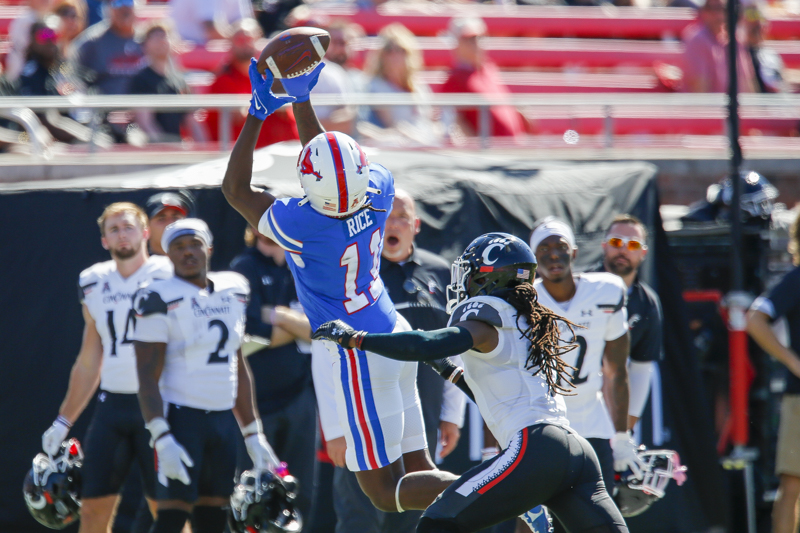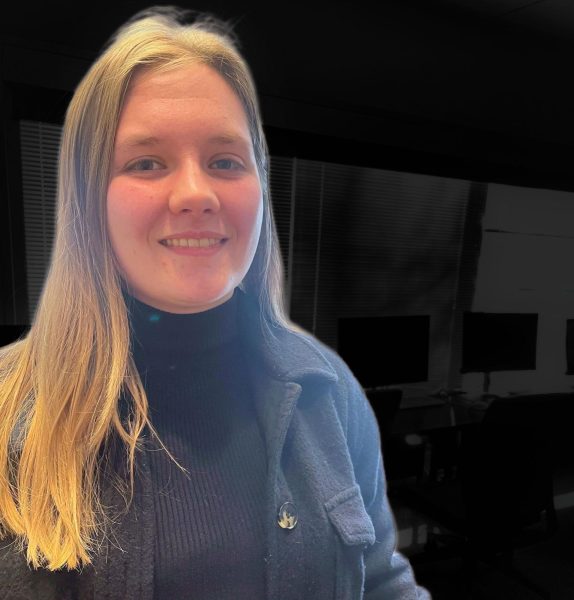“If you want to make a difference, show up, speak up,” said SMU Dream Week keynote speaker and Texas House candidate Dr. Brian Williams regarding combating racial health inequities.
“We should not be afraid to talk about racism,” Dr. Williams said at the Hughes-Trigg auditorium last Wednesday. “We should be afraid of what happens if we don’t talk about racism.”
Dr. Williams is a veteran and was the lead trauma surgeon at Parkland Hospital, a public hospital, during the 2016 police officer shooting in Dallas that left three officers dead. He spoke to students and faculty about how after witnessing the racial inequalities in healthcare, he felt called to take action.
“I can start to see what’s happening in the hospital and what’s happening in society,” Williams said. “The hospital is the barometer of what’s happening outside.”
During his speech, Dr. Williams cited statistics and examples of racial health inequities in recent years. For example, he said that within 24 hours of that speech, half of all firearm deaths in the U.S. will be young black men.
Williams said that he learned someone needed to take a stand from places he worked like the South Side Chicago, which lacked any trauma center despite having a high concentration of violence.
“If not you, then who? If not now, then when?” Dr. Williams said.
Williams also drew from his personal experience of losing multiple family members to gun violence. These poignant moments of Dr. Williams’ life serve to drive home the painful realities of severe injustice and sociocultural obstacles the Black community faces decades after the breakthrough civil rights movements of the mid-20th century.
“I can treat disease, but how do I fix the societal ills?” Dr. Williams asked the crowd. “How do we do that? If we don’t talk about it, people suffer.”
Dr. Williams marks his experience at a press conference following the shooting of the police officers in Dallas as the heart of his decision to begin pursuing equity and civil protection from discrimination for underserved communities.
“I spoke [at the press conference] about what it means to be the one Black trauma surgeon during one of the most defining mass shootings in the country,” he said. “I had to say something.”
Referencing Martin Luther King Jr’s fight for racial equity in healthcare, Dr. Williams encouraged the audience to discuss race and work towards creating a more equitable world in and out of the healthcare system.
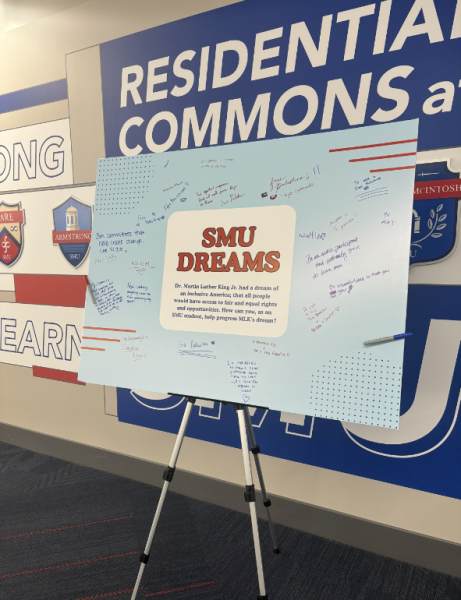
“Here’s where all the dots between violence, healthcare, and race come together,” he said. “This is something that MLK worked very hard to try to create justice with healthcare by addressing the disparities in race as one of his signature missions.”
Since that day, Dr. Williams has since done work as the Chair of the Dallas Police Review Board, helped open a trauma center in Chicago’s South Side, worked with congressional representatives to pass gun violence bills, and wrote a book on health inequalities. Through it all, he says his goal is to create a more just world
“We each have a part to create justice on Earth today,” Dr. Williams said. “Let’s go out there and do the work.”








